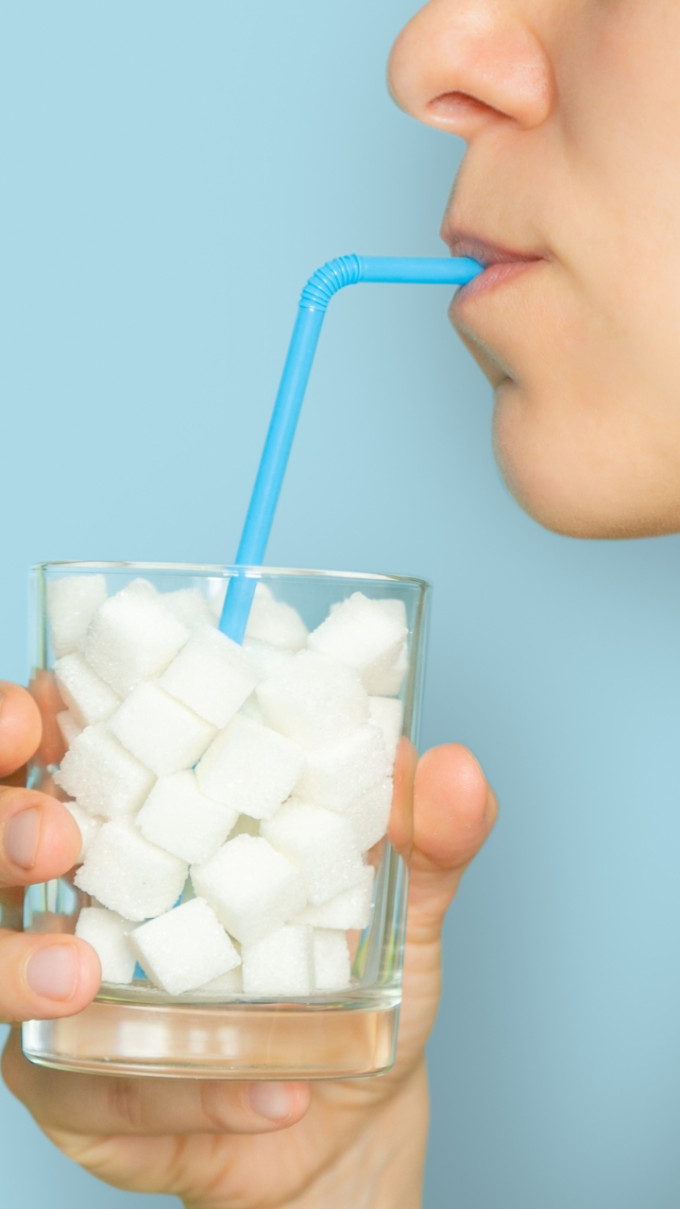FSSAI orders food businesses to remove misleading claims of ‘100% fruit juice’ from packaging; here’s what you need to know
In a move aimed at ensuring transparency and preventing misleading claims in the food industry, the Food Safety and Standards Authority of India (FSSAI) has issued a directive to Food Business Operators (FBOs) to remove the claim of ‘100% fruit juice’ from the labels and advertisements of their fruit juice products.
In a press release published on Saturday, it mentioned, “Upon thorough examination, FSSAI has concluded that, according to the Food Safety and Standards (Advertising and Claims) Regulations, 2018, there is no provision for making a ‘100%’ claim. Such claims are misleading, particularly under conditions where the major ingredient of the fruit juice is water and the primary ingredient, for which the claim is made, is present only in limited concentrations, or when the fruit juice is reconstituted using water and fruit concentrates or pulp.”

By enforcing this directive, the FSSAI seeks to protect consumer interests and promote truthful labelling practices, enabling individuals to make informed choices about the products they consume.
But why are freshly squeezed fruit juices recommended instead of packaged ones?
Kanikka Malhotra, consultant dietician and certified diabetes educator says, “The nutritional composition and health advantages of reconstituted fruit juices varies greatly from those of freshly squeezed juices.”
She adds, “Freshly squeezed juices preserve the majority of the vitamins, minerals, and enzymes naturally found in the fruit. They contain high vitamin C, potassium, and other minerals.”
Freshly squeezed juices may strengthen the immune system, aid digestion, and contribute to overall health and well-being thanks to their antioxidant characteristics, Malhotra says. They also do not contain added sugars, preservatives, or artificial flavours.
She asserts that reconstituted fruit juices are heated and condensed during reconstitution, resulting in significant vitamin, mineral, and enzyme losses. “Some vitamins, such as Vitamin C, can be added artificially, although the overall nutritional profile is reduced compared to fresh juice.”
Reconstituted juices often have additional sugar to improve flavour and preservatives to lengthen shelf life. These chemicals may lead to health problems such as obesity and other metabolic diseases.
 Avoid juices that list added sugar, water, or concentrates
Avoid juices that list added sugar, water, or concentrates
Measures consumers can take to distinguish between genuinely 100% fruit juice and those with misleading labels
Read the ingredient list carefully
*Look for juices that list only one ingredient: the specific fruit itself (e.g., “100% Orange Juice”).
*Avoid juices that list added sugar, water, or concentrates
*Be cautious of terms like “from concentrate” or “reconstituted,” as these indicate the juice has been processed and may have lower nutritional value.
Check for certifications and labels
*Look for certifications from reputable organisations that verify the product’s quality and purity, such as the “100% Juice” label or other regional certifications.
*Be wary of vague terms like “natural” or “made with real fruit,” which are not regulated and can be misleading.
Compare prices
*100% pure fruit juices are generally more expensive than those with added sugar or water due to the higher fruit content and production costs. If the price seems too good to be true, it might be.
Look for additional information
*Some brands provide information on their website about the sourcing and processing of their juices. Look for details about the fruits used, the extraction method, and any quality control measures.
Trust your senses
*Freshly squeezed juices tend to have a more vibrant colour and a richer aroma than those made from concentrate or with added ingredients. If the juice appears dull or has an artificial smell, it may not be 100% pure.
Steps FSSAI is taking to ensure compliance with the new labelling regulations among FBOs
The FSSAI is implementing several measures to ensure compliance with the new labelling regulations among FBOs, Malhotra says:
Awareness and Training: FSSAI conducts workshops, seminars, and webinars to educate FBOs about the new regulations and their implementation. This includes guiding label design, declaration of ingredients, nutritional information, and other mandatory requirements.
Regulatory Guidance: FSSAI publishes detailed guidance documents and FAQs to assist FBOs in understanding and complying with the regulations.
Inspections and Surveillance: FSSAI carries out regular inspections of food establishments to monitor compliance with the new regulations.
Enforcement Actions: In cases of non-compliance, FSSAI takes enforcement actions as per the Food Safety and Standards Act, 2006. This includes issuing improvement notices, imposing fines, and even suspending or cancelling licences in serious cases.
Disclaimer: The copyright of this article belongs to the original author. Reposting this article is solely for the purpose of information dissemination and does not constitute any investment advice. If there is any infringement, please contact us immediately. We will make corrections or deletions as necessary. Thank you.

